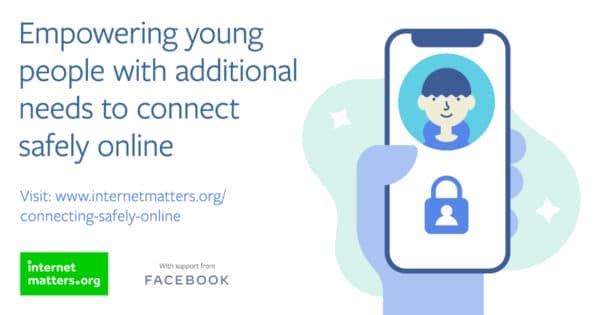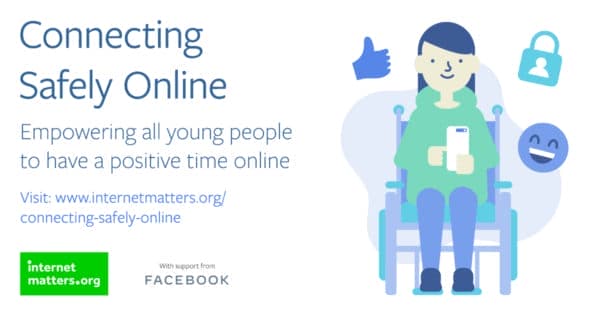- Combine controls with communication
While there are some risks associated with gaming, making use of the controls and settings available, combined with ongoing conversations and engagement, children and young people can safely enjoy all the experiences it offers.
- Balancing online gaming with other activities
Agree ways that you can help them balance the importance of offline activities, family time, school work, and sleep versus playing games online. This will encourage them to think about what amount of time is healthy for them to stick to. Ensure your child takes a short break every hour they play.
Make full use of privacy settings to manage who your child can communicate and game with online. These controls aren’t a substitute for parental involvement, so it is important to keep talking to your child about who they are gaming with online and how to deal with anything that upsets them or makes them feel unsafe.
- Stay engaged with their gameplay
Make a habit of checking in with them on what games they are playing and what they are enjoying to know when to step in and offer your support. You may even play together as a family. Another simple way to do this is to encourage them to play games in a place where you can see and hear them so you can support them if there is a concern.












